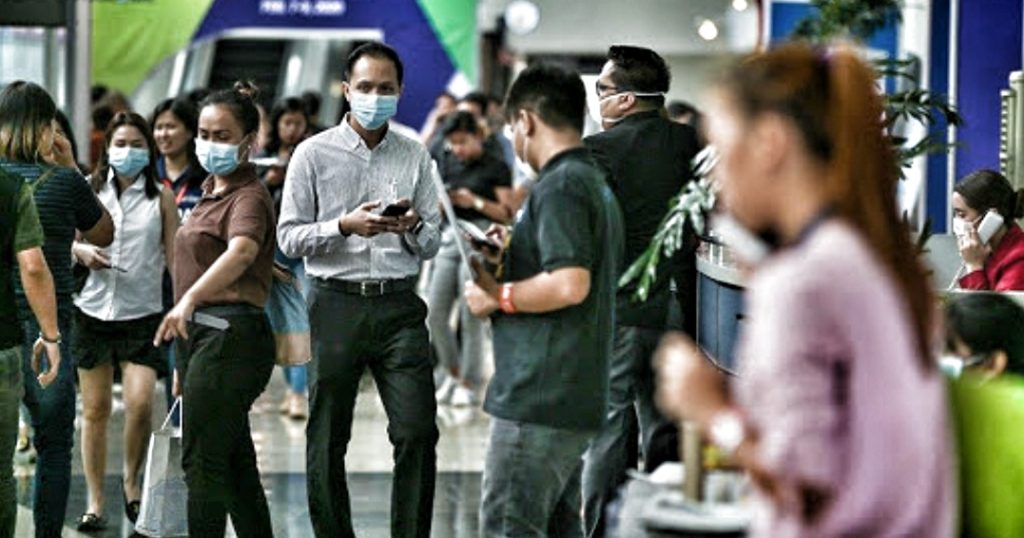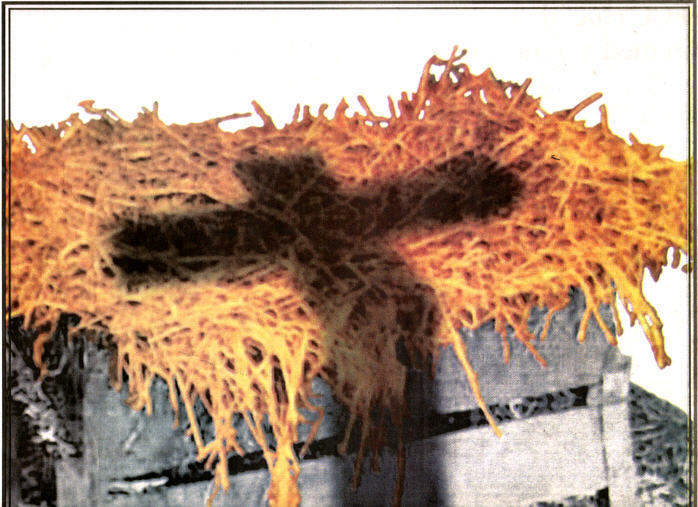
Coronavirus disease (Covid-19) outbreak.
One of or all those above words might be used by future generations to mark one among many that has happened in human civilization. Later in our grandchildren or grand grandchildren school books, those words will refer to “a milestone” marking a change in how life is run up to their time.
Well, our world is no stranger to change. Our civilization evolves from time to time for various reasons: war, disease, and technology are among others. Every generation has its own way of living, and some “lucky” generations like us—aged 40 to 60 years today—have gone through more than one living style.
What has changed today?
This Covid-19 outbreak has by far changed some parts of our life. Now everyone is forced to get even closer to their gadgets. We recently avoid shaking hands, and introduce new styles of saying hello to others. Students and office workers are more familiar to teleconference, remote classes, and many more. Lately also, we are getting used to keep physical distance with others. Things we never thought before that we will have to go through those today.
Historically, this phenomenon is not strange, once again, but the ratio between the scale versus the speed of the spread is. Our new “habits” are formed in just a matter of months, instead of years or generations. Driven by panic and little knowledge of what actually happens and how to deal with it, we tend to accept what is told, be it by authorities, friends, or even somebody we only know in our social media. “We have to change things”, that’s all we know…and then do.
Let’s look deeper at a simple instance. By working from home, parents will get closer to children—who are also studying from home. This will elevate the quality as well as quantity of interaction, and in turns give parents new perspectives on how their children struggle in their studies. Also resulted from this so called “WFH” is necessity for parents to understand a little deeper how social media work, otherwise they will not be able to perform their job. Fathers will go more frequently to kitchen—at least now they do dishwashing even better than mothers do.
The use of network data increases significantly, so does consumption of clean water. The use of bio-fuel, on the other hand, declines as cars are retreated home. Neighborhoods become cleaner and quieter, since people stay at home. However, level of anxiety raises: anxious of being infected, worry of not having enough daily supplies, and of course, anxious of how life can be sustained when you stop working.
What will this outbreak bring for our future?
Despite all the hardships humankind have to get through these days, this unexpected outbreak might lead us to many good deeds in the future. Healthy living is just one example: hand-washing habit, greater care to environment and personal cleanness, and many more. The rise of empathy to others is also a good value this outbreak brings. Stronger family ties is another one to mention. Anyone of you might have your own to say to make this a long list to read.
We can also expect to have some new models in doings things. Some offices might find working from home is quite effective: it reduces daily operational cost, saves electricity consumption, etc. Some schools might also find studying from home is not a bad idea. One challenge in doing so, perhaps, is availability of network. A network not only sufficient to support connection from different distant places, but also with good sustainability.
The mankind will also find an increasing need of clean water. This will raise nation awareness, as well as global challenge, of sustaining clean water resources for the future. Consequently, researches on natural resources will also be broaden to find alternatives of providing clean water for people. Rivers will be cleaned up, and reservoirs will be built more or widened. Cities will also be built with better guarantee to clean water access.
Will the change be always good?
Basically, a new civilization replaces the old one. However, we can find many example on how people can maintain good values from time to time, regardless how civilization changes for ages. In Indonesia for example, there are many areas in which we can see local wisdoms are maintained while at the same time we trust our mobile phones more than we do to ourselves. Japan is also a good example in how modern technologies live side by side with traditional philosophy or belief that has last for thousands of years.
My highlight is this: we expect changes in many aspects of our life. However, this Covid-19 is something different in terms of changing how people can mingle with each other. We might see that handshaking will not be common anymore, let alone cheek-kissing and hugging. Greeting someone with “Namaste” style gesture might be more visible in the future. We might also find keeping reasonable physical distance during talks or meetings makes us feel safer, even with someone we know in day-to-day basis.
Is it good? It depends, I believe. Moreover, the more substantial issue is not whether it is good. The challenge for us is how to maintain good spirit in social relationship regardless how we should or would behave in physical terms. Yes, the danger this outbreak can bring for us is negativity in seeing others. When we see people sick for example, we might easily think “Be careful, he might be infected!” Negativity is what we have to deal with—and overcome—when we live post this outbreak.
Well, we might have a stronger internet connection as we will work more from home than from office, or better water supplies, or better network-based methodologies in doing things, or many other things. But when our thoughts are occupied with negativity, our core of civilization i.e. social cohesion will be in danger. I have written before (in Bahasa Indonesia) that when we are mistaken in dealing with this issue, it is not simply human fatalities that we have to face, but more importantly, the death of civilization.
Humans are created social beings. That’s what makes communities, societies, and nations. That’s what makes the world we are living in. That’s what makes us today. Cohesion among individuals is what forms the way we live, the way we behave, the way we treat ourselves and others. That’s what this outbreak will hit and defeat, if we welcome negativity to our minds.
Now, it’s time to learn to appreciate life, and what it has given to us. Time to learn to support and care of each other, or to do so more than before. Indeed, everything will not be the same again, but let’s stay positive. That’s what makes us still human beings.
Home, 31 March, 2020

